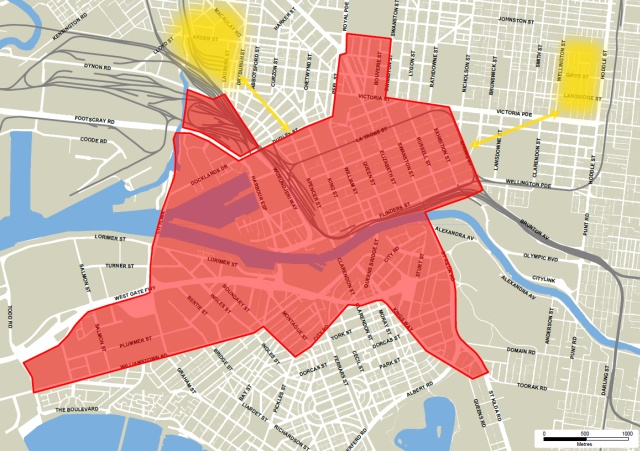
Sir Humphrey: How are things at the Campaign for the Freedom of Information, by the way?
Sir Arnold: Sorry, I can’t talk about that.– Yes Minister, “Party Games”
Victorian planners will have seen the announcements about new zones this week. This is a big planning story and one I hope to write more about once the detail is available. But it also marked the conclusion of my own curious adventure through Victoria’s Freedom of Information procedures.
Through 2011 I had been thinking a bit about residential zones, and contemplating writing something for Planning News about how zones could better facilitate the rolling out of local housing solutions. My thinking had been that the focus on fast, medium and slow-growth zones, evident in the earlier discussion papers, was misplaced. For me the focus needed to be not so much about setting different “temperatures” of redevelopment, with all the political challenges that can involve, but instead being more specific about the forms preferred development should take.
As I thought about how such controls could work, I became increasingly frustrated that the Advisory Committee report on residential zones, finished in 2009, was not publicly available. This was, after all, the biggest single piece of work on the subject, and DPCD and the Minister had sitting on it for more than two years. I asked DPCD for it, but got the expected answer: they weren’t releasing it until the government’s response was ready.
This is an attitude to the release of information that has been getting more prevalent and which drives me crazy. It wouldn’t hurt anybody for such a report to be in the public realm while a response is being considered, as has occurred for numerous reviews in the past. So I lodged a Freedom of Information request seeking the Advisory Committee’s report.






